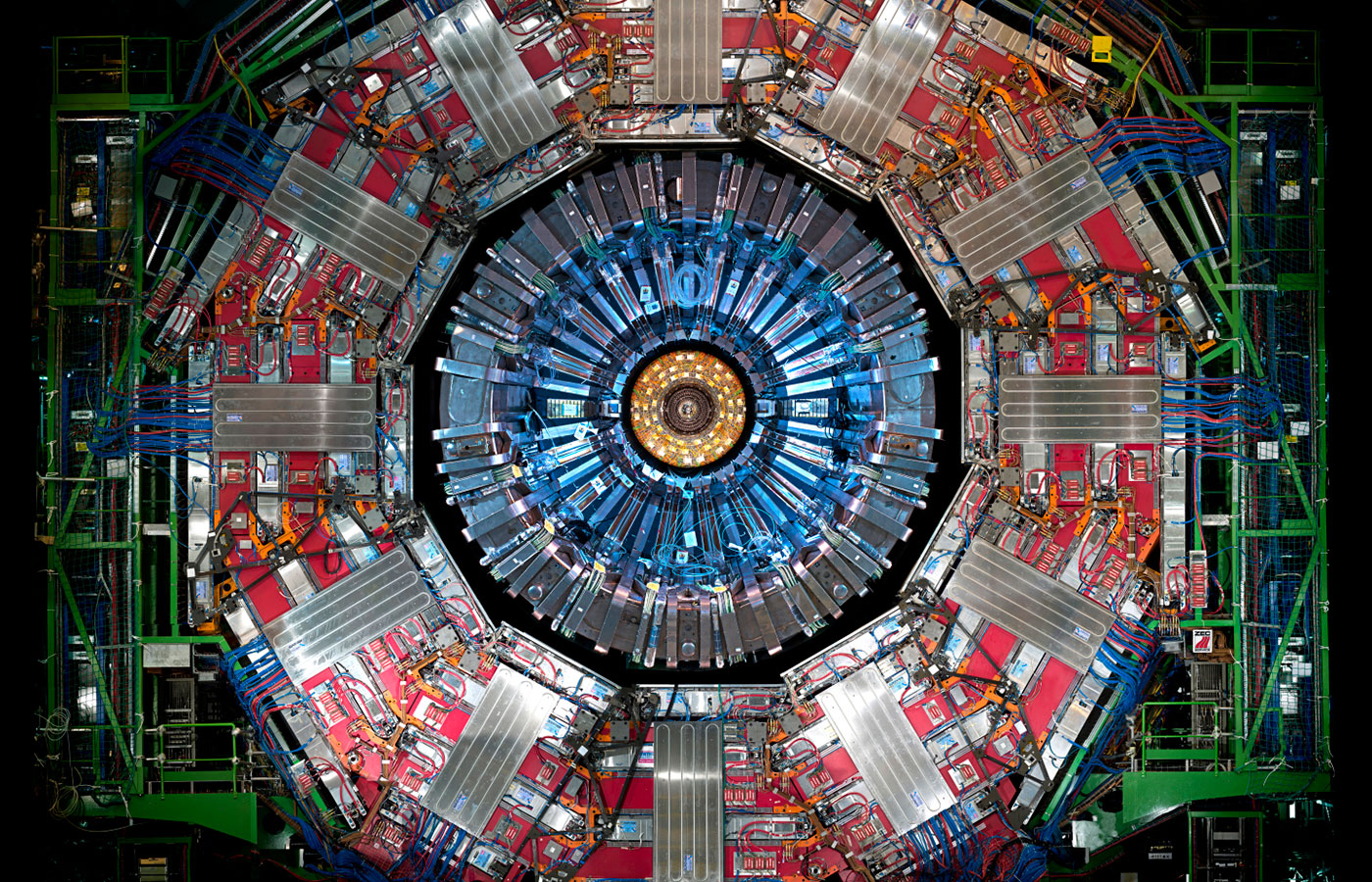CERN is the European Organization for Nuclear Research, the world's largest particle physics center. Founded in 1954, the laboratory was one of Europe's first joint ventures, and has become a shining example of international collaboration. The LHC is an accelerator that brings protons into head-on collisions at higher energies than ever before achieved before.
Hadron Forward (HF) at Florida Tech
Florida Tech's HF seeks to accurately label and reconstruct forward jets and to find the missing transverse energy (ETmiss) of these jets. The HF utilizes steels boxes with quartz diodes harnessing Cherenkov radiation to gather data.
This is a CERN/CMS website that contains valuable information as well as FAQs about the CMS and up-to-date pictures, webcams and timelines.
Fermilab-Fermi National Accelerator laboratory
Fermilab is near Batavia, Illinois. Fermilab's accelerator can reach an energy of 0.98 TeV and is credited for finding the Top Quark and W and Z bosons.
The D-Zero experiment at Fermilab seeks to determine the fundamental nature of matter. This research is done with the use of the Tevatron Collider which collides protons and antiprotons.
QuarkNet attempts to reach out to high schools to peak students' interest for particle physics. QuarkNet has 53 centers and seeks to gather physicists to mentor teachers and help teach students fundamental physics.


 Give to Florida Tech
Give to Florida Tech 